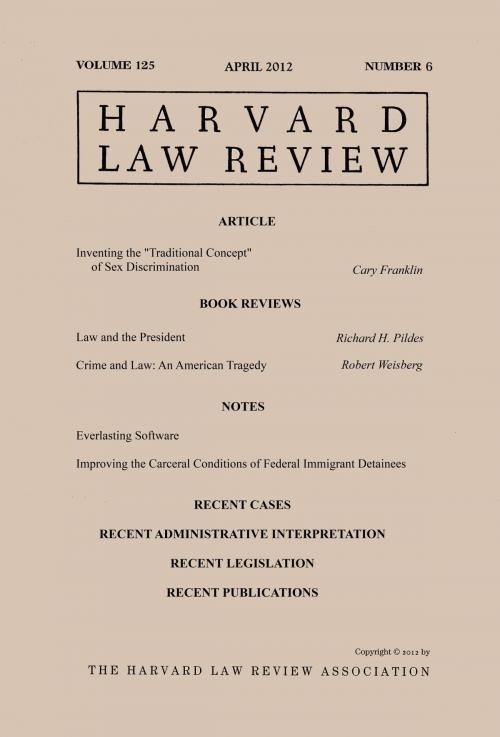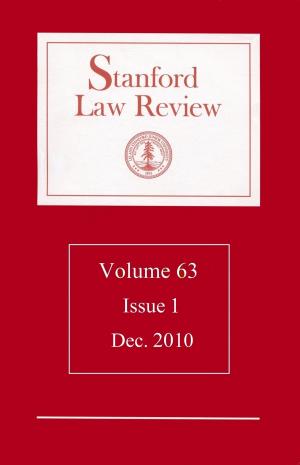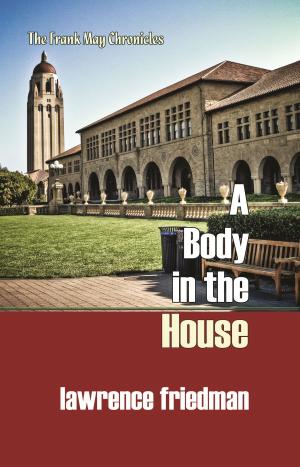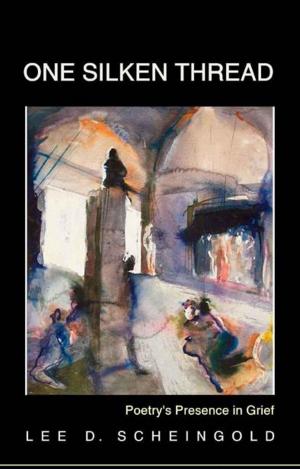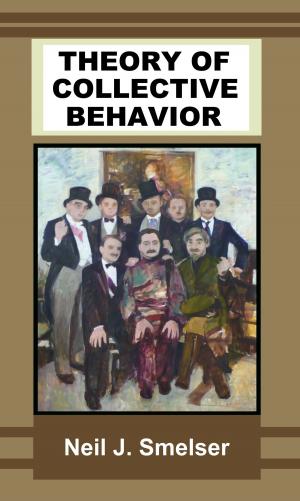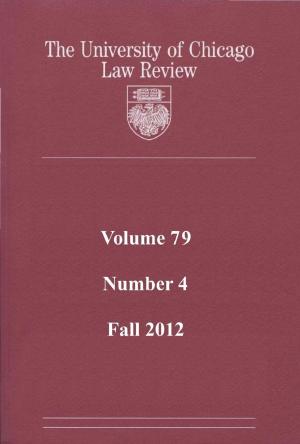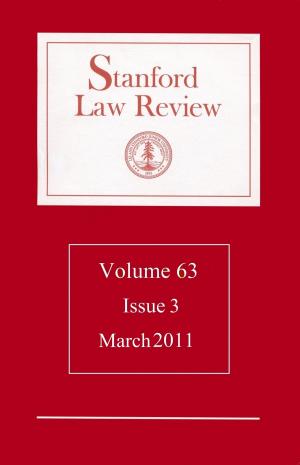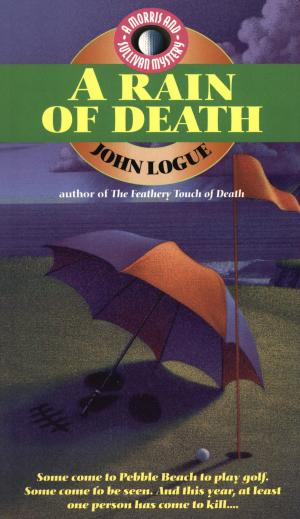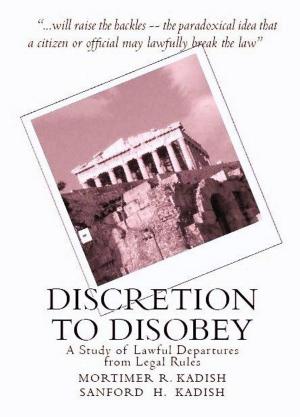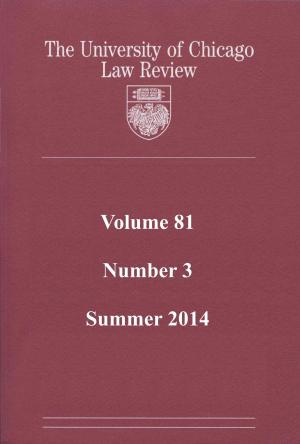Harvard Law Review: Volume 125, Number 6 - April 2012
Nonfiction, Reference & Language, Law, Gender & the Law, Criminal law| Author: | Harvard Law Review | ISBN: | 9781610279444 |
| Publisher: | Quid Pro, LLC | Publication: | December 31, 2013 |
| Imprint: | Smashwords Edition | Language: | English |
| Author: | Harvard Law Review |
| ISBN: | 9781610279444 |
| Publisher: | Quid Pro, LLC |
| Publication: | December 31, 2013 |
| Imprint: | Smashwords Edition |
| Language: | English |
Featured articles and essays in this issue (No. 6, Apr. 2012) are from such recognized scholars as Cary Franklin (on inventing the "traditional concept" of sex discrimination), Richard Pildes (on law and the President), and Robert Weisberg (on the tragedy of crime and criminal law). Student contributions explore the law relating to everlasting software; incarcerating immigration detainees; the First and Fourteenth Amendments; Sixth Amendment implications of napping defense counsel; copyright under the first sale doctrine; war powers in Libya; and eyewitness identification evidence.
The Harvard Law Review is a student-run organization whose primary purpose is to publish a journal of legal scholarship. Student editors make all editorial and organizational decisions. Aside from serving as an important academic forum for legal scholarship, the Review has two other goals. First, the journal is designed to be an effective research tool for practicing lawyers and students of the law. Second, it provides opportunities for Review members to develop their own editing and writing skills. Accordingly, each issue contains pieces by student editors as well as outside authors. The Review generally publishes articles by professors, judges, and practitioners and solicits reviews of important recent books from recognized experts. Most student writing takes the form of Notes, Recent Cases, Recent Legislation, and Book Notes.
This issue of the Review is April 2012, the sixth issue of academic year 2011-2012 (Volume 125). Ebook formatting includes active TOC and linked notes.
Featured articles and essays in this issue (No. 6, Apr. 2012) are from such recognized scholars as Cary Franklin (on inventing the "traditional concept" of sex discrimination), Richard Pildes (on law and the President), and Robert Weisberg (on the tragedy of crime and criminal law). Student contributions explore the law relating to everlasting software; incarcerating immigration detainees; the First and Fourteenth Amendments; Sixth Amendment implications of napping defense counsel; copyright under the first sale doctrine; war powers in Libya; and eyewitness identification evidence.
The Harvard Law Review is a student-run organization whose primary purpose is to publish a journal of legal scholarship. Student editors make all editorial and organizational decisions. Aside from serving as an important academic forum for legal scholarship, the Review has two other goals. First, the journal is designed to be an effective research tool for practicing lawyers and students of the law. Second, it provides opportunities for Review members to develop their own editing and writing skills. Accordingly, each issue contains pieces by student editors as well as outside authors. The Review generally publishes articles by professors, judges, and practitioners and solicits reviews of important recent books from recognized experts. Most student writing takes the form of Notes, Recent Cases, Recent Legislation, and Book Notes.
This issue of the Review is April 2012, the sixth issue of academic year 2011-2012 (Volume 125). Ebook formatting includes active TOC and linked notes.
